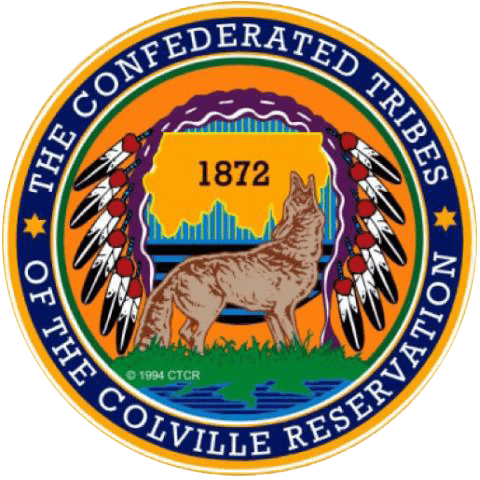Resources
All tribal members no matter their status, money, age or profession deserve to be treated with respect and dignity. Many elders and other vulnerable members are at risk of being abused and taken advantage of. Together we can give them the help they need.
Helpful Links and Sources
FAQ
All You Need to Know
In general, elder abuse is a term referring to any knowing, intentional, or negligent act by a caregiver or any other person that causes harm or a serious risk of harm to an older adult. Legislatures in all 50 states have passed some form of elder abuse prevention laws. Laws and definitions of elder abuse vary by state, but broadly defined; they may include:
- Physical: Intentional use of physical force that results in illness, injury, pain or functional impairment
- Sexual: Non-consensual sexual contact of any kind
- Neglect: Caregivers or other responsible parties failing to provide food, shelter, health care, or protection
- Financial: Misappropriation of an older person’s money or property
- Emotional: Inflicting mental pain, anguish, or distress on a person
- Self-neglect: A person who fails to perform self-care tasks such that it threatens his/her own health or safety
While one sign does not necessarily indicate abuse, some tell-tale signs that indicate abuse are:
- Physical: Bruises, pressure marks or sores, broken bones, abrasions, and burns
- Sexual: Bruises or injury to the genital area which may present as difficulty moving or sitting
- Emotional: Withdrawal from normal activities, anxiety, depression, unusual behavior, or unease
- Neglect: Bedsores, unattended medical needs, poor hygiene, and unusual weight loss
- Financial: Uncharacteristic purchases by the individual or caregiver; failure to pay bills or keep appointments; questionable behavior
When making the call, be ready to give the older adult’s name, address, contact information, and details about why you are concerned. You may be asked a series of questions to provide authorities with information regarding the situation.
Questions may include:
- Are there any known medical problems (including confusion or memory loss)?
What kinds of family or social supports are there? - Have you seen or heard incidents of yelling, hitting, or other abusive behavior?
- You might also be asked for your contact information, but most states will take a report even if you do not identify yourself.
Long-Term Care Ombudsman can help you understand and compare local options. Nursing Home Compare is a federal website that rates and allows you to evaluate Medicare- and Medicaid-certified nursing homes in your area. CMS also provides information on alternatives to nursing home care.
Register your phone number on the National Do Not Call Registry by visiting www.DoNotCall.gov or call 888-382-1222.
Hang up or ignore suspicious calls, text messages, or emails that request personal information, demand payment, or threaten action. The Social Security Administration (SSA) Office of the Inspector General (OIG) provides information to protect yourself and others against SSA-related and other government imposter scams.
Consumer Financial Protection Bureau offers information and tools for older Americans. The Financial Fraud Enforcement Task Force offers resources and reports to help protect yourself against common types of frauds and scams. Stay alert to common frauds and scams by checking consumer protection sites such as Fraud.org and FBI Common Fraud Schemes.
A combination of psychological, social, and economic factors, along with the mental and physical conditions of the victim and the perpetrator, contribute to the occurrence of elder maltreatment. The main risks are related to
Social isolation
Lack of access support and resources
Physical, mental, or emotional dependence
Contributing factors may include:
- Dementia and cognitive impairment
- Caregiver burden and burnout
- Financial Circumstances
- Physical Weakness
- Level of dependence on a caregiver
- Living situations: Home, Nursing Home, Long-Term Care Imbalanced relationships with one partner exerting control over the other
